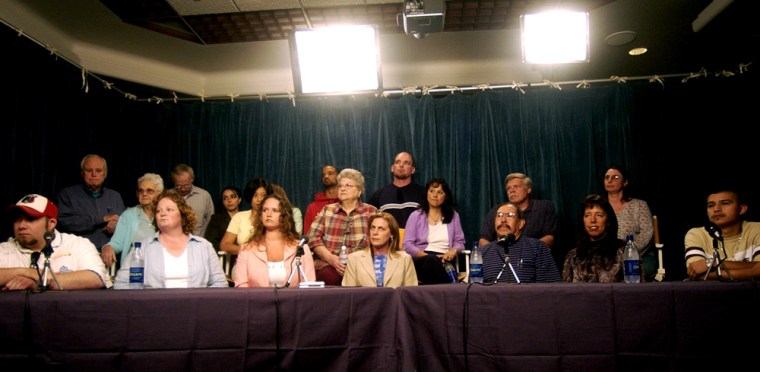After 14 weeks of trial, and seven days of deliberation, the Jackson case came down to a battle of two videos. Both videos played at the end of closing arguments showed the statement of the young accuser to the police, and the Bashir documentary outtakes that showed a side of Michael Jackson that is innocent and wistfully childlike.
In the end, the jury decided that Michael Jackson was not guilty of molestation.
Everyone knows that Michael Jackson is more than weird, he is a universe unto himself. But the jury may have leaned on a universe of innocent love and naïveté rather than a carnival fun house filled with animals, rides and a wicked perversion.
A leap of faith— or reasonable doubt?
To have completely supported Michael Jackson's innocence— like some of his fans— you just have to believe. Like Tinkerbell in Peter Pan.
But in a court of law, the test is not innocence but whether or not there is reasonable doubt. In this case, there is enough reasonable doubt. There were simply not enough hard facts to pick one side or the other and that alone meant that there is doubt. The following factors may have hurt the prosecution’s case:
For any normal person, the very thought of your child in the bed of a grown man, any grown man, is a sickening, terrible thought. No number of house cleaning chimpanzees, celebrity animal parties, video games or amusement park rides can cover the discomfort with a man age 40 who pretends to be a 12-year-old child.
But ultimately, the jury decided NOT to convict Jackson on his weirdness, and instead followed the letter of the law. They could not put a man behind prison with lingering questions and reasonable doubt.
Stay tuned to "Abrams Report" for more analysis and interviews, 6 p.m. ET weeknights on MSNBC TV.
